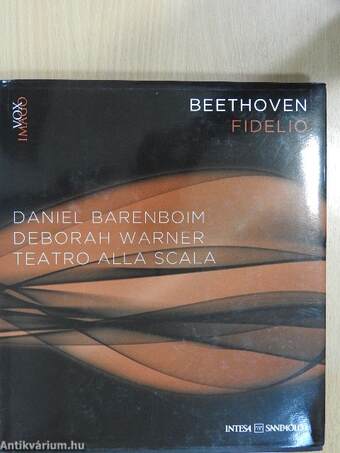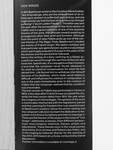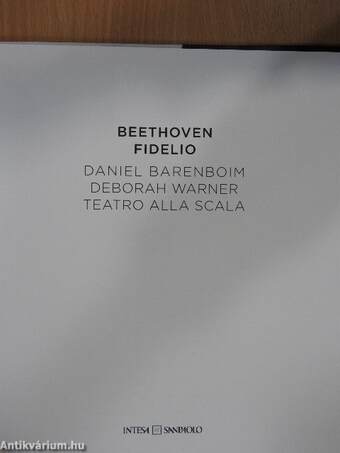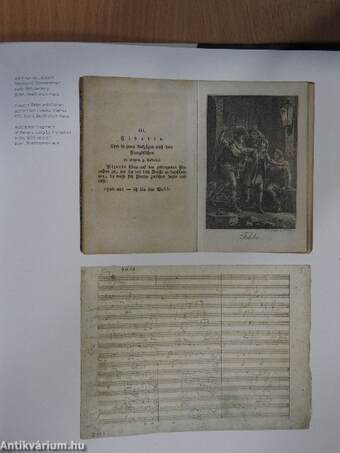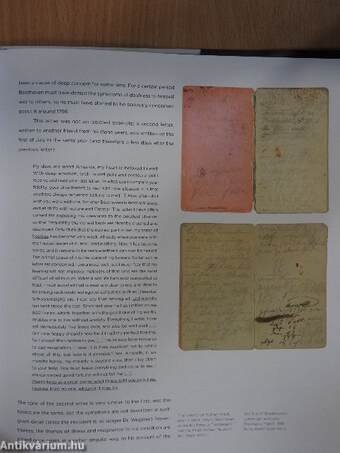1.118.551
kiadvánnyal nyújtjuk Magyarország legnagyobb antikvár könyv-kínálatát
Beethoven: Fidelio
Teatro alla scala
naponta értesítjük a beérkező friss
kiadványokról
naponta értesítjük a beérkező friss
kiadványokról
Fülszöveg
VOX IMAGO In 1815 Beethoven wrote to the Countess Marié Erdödy: "We finite beings, who are the embodiment of an infinite spirit, are born to suffer both pain and joy; and one might almost say that the best of us achievejoy through suffering" ("durch Leiden Freude"). The letter was sent the year after the presentation of the third version of Fidelio and is a good summary of one of the essential themes of the work, the ultimate reward awaiting its protagonists after their grief and torment. Although from this point of view Fidelio picks up one of the central themes of The Magic F/ute, Beethoven's models are mainly of French origin: the opera comique and that particular sub-genre known as piéce a sauvetage which was hugely popular in Europe in the years of the Revolution and the period that followed. Hence the writing of a story centring on a falsely accused man saved through the sacrifice of the one who loves him. Specifically, it is conjugal love that triumphs, a love that the... TovábbFülszöveg
VOX IMAGO In 1815 Beethoven wrote to the Countess Marié Erdödy: "We finite beings, who are the embodiment of an infinite spirit, are born to suffer both pain and joy; and one might almost say that the best of us achievejoy through suffering" ("durch Leiden Freude"). The letter was sent the year after the presentation of the third version of Fidelio and is a good summary of one of the essential themes of the work, the ultimate reward awaiting its protagonists after their grief and torment. Although from this point of view Fidelio picks up one of the central themes of The Magic F/ute, Beethoven's models are mainly of French origin: the opera comique and that particular sub-genre known as piéce a sauvetage which was hugely popular in Europe in the years of the Revolution and the period that followed. Hence the writing of a story centring on a falsely accused man saved through the sacrifice of the one who loves him. Specifically, it is conjugal love that triumphs, a love that the composer never found, idealized in his work as a kind of compensation for what life had denied him. Life forced him to withdraw into himself because of his deafness, which made social relations difficult and influenced his method of composition. It was in the years immediately prior to the creation of Fidelio that the composer realized that his condition was irreversible. The first version of Fidelio was performed in Vienna in 1805, a few days after French troops occupied the city, while the final version dates from 1814, the year when the Congress of Vienna began. The genesis of the work is inextricably intertwined with the Napoleonic period and that yearning for freedom that is an essential part of Beethoven's poetics: hence the prison setting and the composer's decision to insert the dedication to Napoleon in his Eroica Symphony and then to expunge it. These are the themes of theessays in this issueof "Vox Imago", addressed, as always, from different perspectives: musicological, historical, literary, artistic and educational. These themes recur in the visual journey directed by Elvio Annese and Roberto San Pietro, and in the staging by Deborah Warner for the opening of the 2014-2015 Season at La Scala, conducted by Dániel Barenboim. Further information is available at voximago.it. VisszaTémakörök
- Idegennyelv > Idegennyelvű könyvek > Angol > Művészetek > Színház
- Idegennyelv > Idegennyelvű könyvek > Angol > Művészetek > Zene
- Művészetek > Zene > Komolyzene > Korszakok > Bécsi klasszicizmus > Beethoven
- Művészetek > Zene > Komolyzene > Zenei műfajok > Színházi > Opera > Egyéb
- Művészetek > Zene > Komolyzene > Idegen nyelv > Angol
- Művészetek > Színház > Színházi műfajok > Opera
- Művészetek > Színház > Idegen nyelv > Angol


